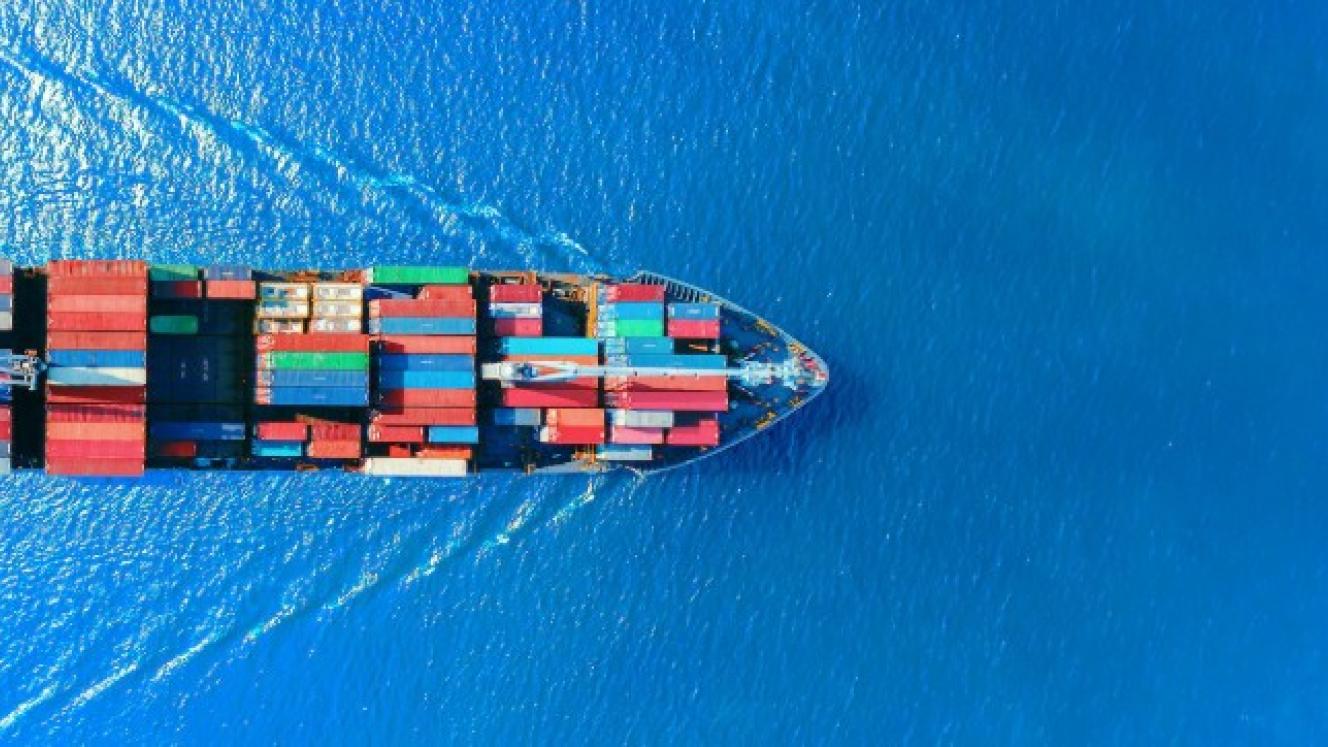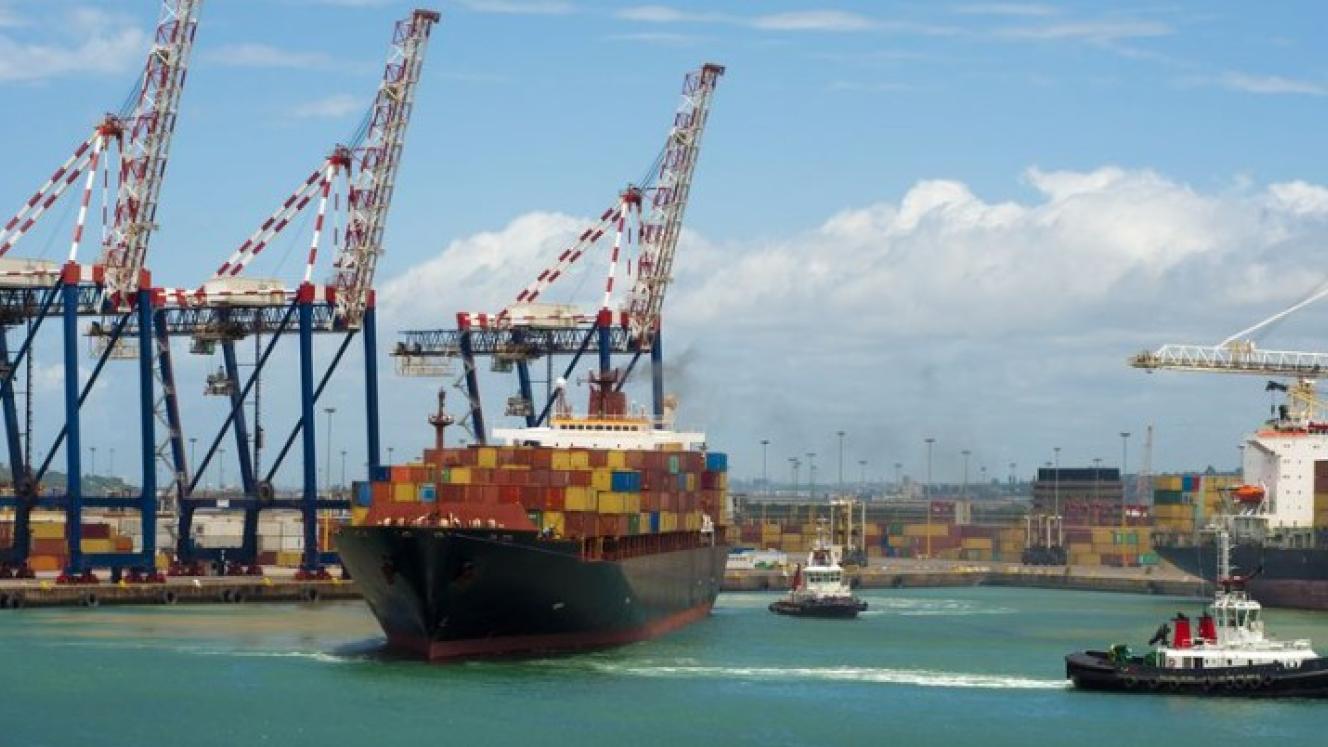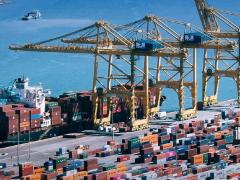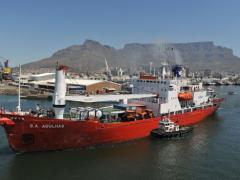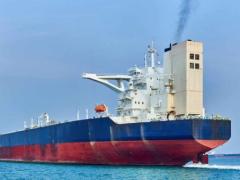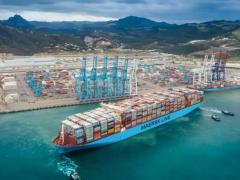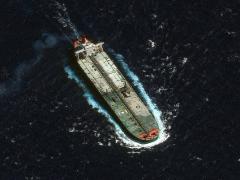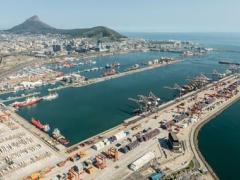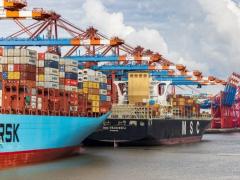The latest Global Trade Update from UN Trade and Development (UNCTAD) reveals that the ocean economy, a vital driver of global trade, is under growing pressure from environmental and geopolitical shocks.
UNCTAD’s latest analysis reveals that ocean-based sectors such as shipping, tourism, fisheries, and marine energy accounted for 7% of global trade in 2023 with a combined value exceeding $2.2 trillion.
It called for urgent action – stronger rules, smarter infrastructure and resilient cooperation to sustain this ocean-driven prosperity.
“From food and energy to transport and innovation, the ocean economy anchors global prosperity. But climate stress, policy fragmentation and shifting trade dynamics are threatening future gains,” UNCTAD said.
“The ocean economy is not a niche. It powers supply chains, supports jobs and food systems, and drives innovation worldwide. Amid rising tariffs and climate disruption, keeping ocean trade flowing sustainably is critical to global development.”
According to the trade update, services such as shipping and tourism recovered more quickly than goods from Covid-19 pandemic-era lows, reflecting renewed global demand.
“Environmental pressures are intensifying. Sea level rise, plastic pollution, and biodiversity loss continue to impact port infrastructure, marine transport, and coastal communities – especially in vulnerable economies,” UNCTAD said.
Trade fragmentation is also a growing threat, the agency warned, with new tariffs posing the risk of disrupting maritime supply chains and diverting investment from sustainable ocean sectors.
As the world heads toward the third UN Ocean Conference in Nice from 9-13 June the agency has called for urgent reforms to keep the ocean economy afloat.
These include upgrading marine infrastructure to handle environmental and trade shocks, ending harmful subsidies that deplete fish stocks and damage ecosystems, closing legal loopholes that allow unregulated exploitation of open waters and promoting fairer, greener trade between developing nations.
